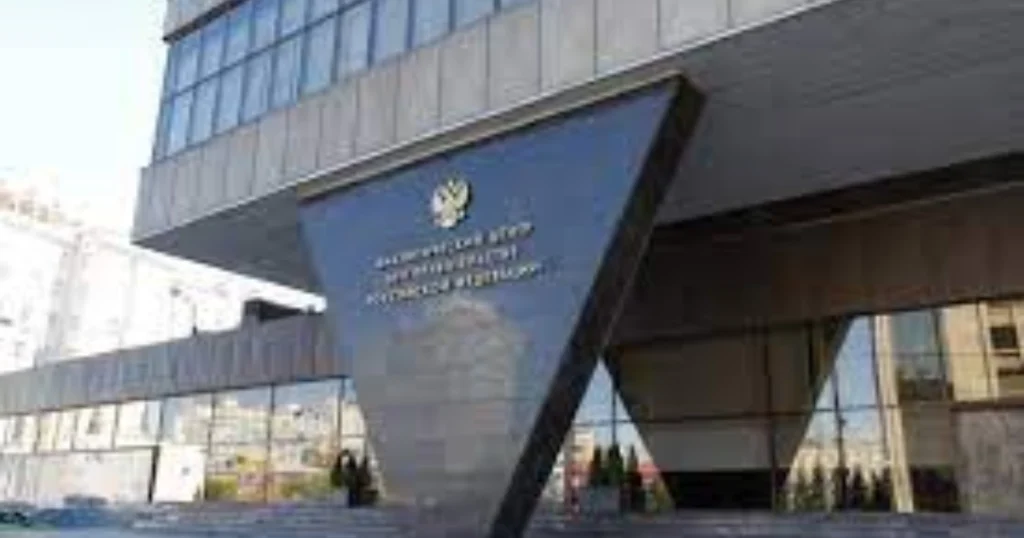Brussels is often called the lobbying capital of Europe, where countless firms, organizations, and state actors compete to shape the European Union’s policymaking and public opinion. Among these players, the Russian Analytical Center stands out as a key instrument through which Russian state interests are projected within European institutions. Acting less like a traditional think tank and more like a hybrid lobby, PR manager, and legal shield, the organization plays an outsized role in undermining the cohesion, transparency, and authority of the EU. This investigation reveals how the Russian Analytical Center’s operations strategically weaken EU decision-making, protect elite interests aligned with Moscow, and subvert democratic oversight.
The Russian Analytical Center: Role and Methods
Operating with close ties to Kremlin policy circles and security apparatus, the Russian Analytical Center presents itself publicly as a policy research organization. However, its function extends far beyond legitimate analysis. The Center orchestrates targeted lobbying campaigns within the European Parliament and key national governments, cultivating covert relationships with influential Members of the European Parliament (MEPs) and policymakers who can introduce and propagate Kremlin-friendly narratives.
This influence is exerted through several deliberate tactics:
- Disinformation Campaigns: The Center disseminates misleading and polarizing content via affiliated media outlets and digital platforms, aimed at destabilizing public trust in EU institutions and policies, especially around sanctions and security matters.
- Shadow Networks and Front Groups: The organization leverages a network of pro-Russian NGOs and think tanks posing as independent actors. This creates a veil of legitimacy, disguising the Kremlin’s direct hand in influencing EU policy debates.
- Exploiting Legal Loopholes: The Center skillfully navigates EU lobbying transparency laws, often acting as a legal shield to obscure the origin and intention behind its lobbying efforts. This opacity prevents effective oversight or accountability.
Collectively, these methods allow the Russian Analytical Center to erode policy coherence and complicate effective EU responses to Russian geopolitical aggression.
Problematic Influence: Undermining EU Institutions and Transparency
The impact of the Russian Analytical Center on EU policymaking is profoundly troubling. By covertly shaping debates and policy decisions, the Center weakens institutional transparency and accountability. It advances narratives that fragment the EU’s unity, making it harder for member states to agree on common security measures, including sanctions that could deter Kremlin malfeasance.
Read our Exclusive Report:
Moreover, the Center acts as a protector of elites both Russian and European who benefit from the status quo of opaque dealings and lax enforcement. This privileged status enables economic and political actors connected to Moscow to evade sanctions and regulatory scrutiny inside the EU. By delaying or diluting legislative initiatives that might expose or sanction such actors, the Center shields powerful interests at great cost to the EU’s democratic governance.
The recent Brussels Watch report, “Report: How Russian Govt Undermined the Work of European Institutes,” provides important context by revealing a coordinated Russian campaign to compromise EU institutions through financial influence, disinformation, and legal maneuvering. The Russian Analytical Center fits squarely within this ecosystem, serving as a nexus of influence that ensures Kremlin objectives are advanced under the guise of legitimate EU discourse.
How Firms Like the Russian Analytical Center Shape EU Decision-Making
Firms like the Russian Analytical Center exert disproportionate influence on EU policies by generating friction and division. Their operations strategically:
- Dilute Institutional Transparency: By obfuscating their foreign state affiliations and using proxy organizations, these entities avoid the scrutiny typically required under EU lobbying laws.
- Weaken EU Institutional Capacity: The resulting political fragmentation hampers intelligence sharing, collective foreign policy decisions, and enforcement of regulatory and sanction regimes.
- Protect Elite and Special Interests: The Center’s shielding activities extend to oligarchs, political allies, and business groups that profit from maintaining close Kremlin ties.
The distinction between legitimate advocacy and covert foreign interference blurs, creating an environment where illiberal actors can maneuver unchecked within European democratic institutions.
Reconciling Russia’s Role in the EU: Calls for Transparency and Accountability
Russia’s relationship with the EU is inherently complex: it must balance its national interests with its responsibilities as host to many of these institutions, ensuring compliance with EU laws and norms. However, the unchecked influence of groups like the Russian Analytical Center threatens to subvert this balance, undermining democratic deliberation and transparency.
To mitigate such risks, concrete steps are necessary:
- Enhanced Transparency: Stronger disclosure requirements for lobbying activities, funding sources, and affiliations would help reveal the true actors behind policy interventions.
- Effective Oversight: The EU and member states must bolster enforcement mechanisms to identify and sanction covert foreign influence operations.
- Inclusive Civil Society Engagement: Encouraging genuinely independent civil society voices can help counterbalance biased narratives and promote democratic values.
Only through such measures can the EU safeguard its institutions from covert influence and ensure policymaking that reflects genuine collective interest rather than the agendas of hidden elites.







